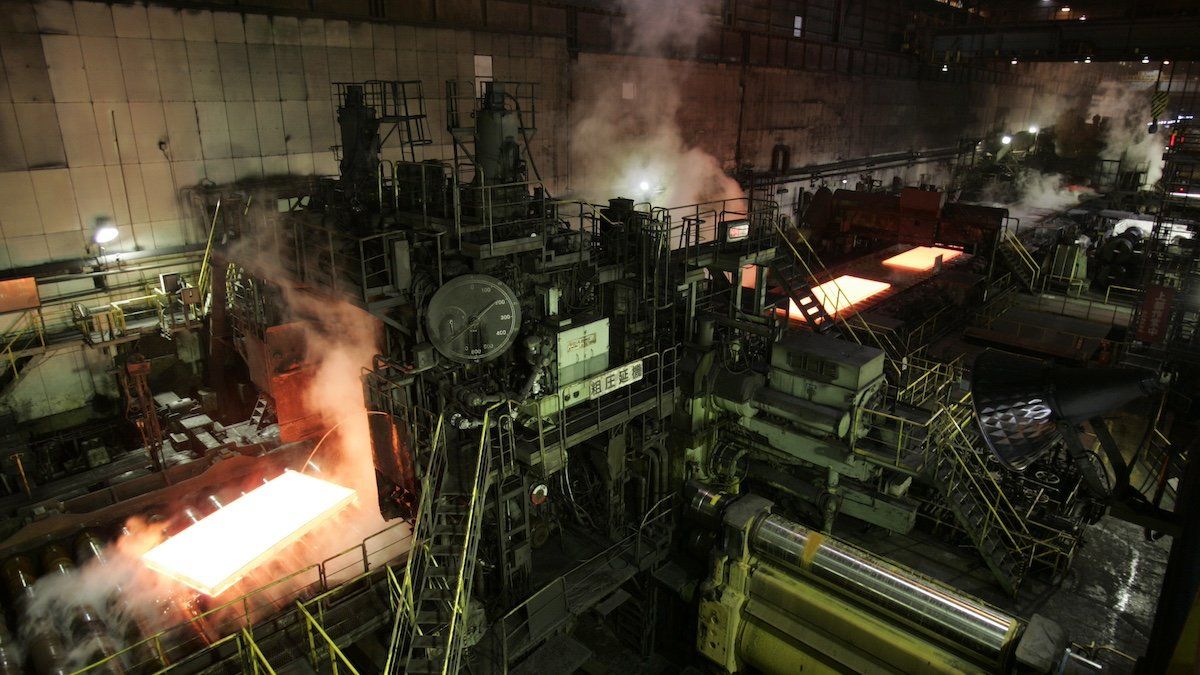US President Joe Biden on Thursday came out against Japan’s largest steel producer acquiring Pittsburgh-based US Steel, saying America must “maintain strong American steel companies powered by American steelworkers.”
Nippon Steel made an offer worth over $14 billion in December, and shortly afterward the White House indicated it would be scrutinized by the Committee on Foreign Investments in the United States. For now, the deal is still on, but CFIUS review is usually reserved for deals involving companies from potential adversaries – not from trusted allies like Japan — and presidents rarely comment before the committee finishes.
But this is 2024. Biden and presumptive GOP nominee Donald Trump are battling over blue-collar workers in key swing states like Michigan and Pennsylvania in November. Trump promised to block the deal “instantaneously” during a meeting with Teamsters earlier this year, and Biden has never been shy to flex his union bona fides.
How does Tokyo feel? Discretion seems to be the better part of valor for Prime Minister Fumio Kishida.
“Tokyo understands that in love and politics, timing is everything and that the political timing of this deal is awful for Biden,” says Eurasia Group’s Japan analyst David Boling. “That doesn’t mean that Tokyo is happy that Washington is treating an ally this way. But it’s not putting up a big fuss.”
